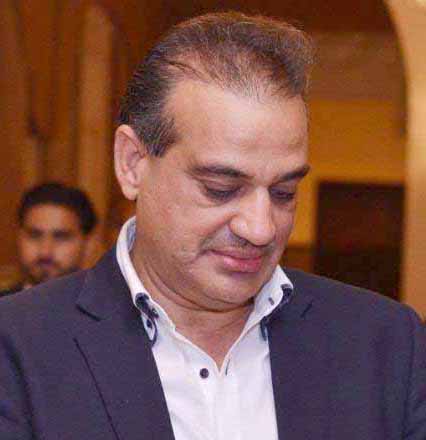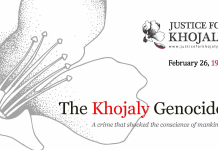Comment
Ansar M Bhatti
On Friday, July 12, 2024, the Supreme Court declared the Pakistan Tehreek-e-Insaf (PTI) as a legitimate political party, making it eligible for reserved seats in the National and Provincial Assemblies. While the verdict may not immediately alter the government structure or threaten the incumbent prime minister and his administration, its far-reaching consequences cannot be overlooked. PTI has ample reason to celebrate this decision, as it bolsters its presence and influence in Pakistani politics.
A debate has emerged, particularly within government circles, suggesting that PTI received more than it had sought from the Supreme Court. However, this argument lacks substance. As the highest judicial forum, the Supreme Court is expected to deliver justice while weighing the pros and cons of each case. Moreover, the court has not overstepped its mandate by considering the ground realities before reaching its conclusion. This verdict reaffirms the court’s role in upholding justice and reflects its commitment to a fair political landscape.
If independent candidates are allowed to freely express their preferences, they are likely to join the PTI. Should all independents join PTI, it would become the largest party in the National Assembly. However, PTI would still fall short of forming a government independently, as 173 seats are required for a majority. In this scenario, PTI would deserve an offer from the President of Pakistan to form the government. Nevertheless, since the President is affiliated with the PPP, a coalition partner of the PML-N, it is highly unlikely that the President would extend such an offer to the PTI.
A political crisis cannot be ruled out if the independents join the PTI, making it the largest party in the lower house. In such a case, the PTI may ask the sitting prime minister to seek a vote of confidence from the house. The PPP will act as a decisive factor in this scenario. This situation would certainly put the PPP in a strong position to negotiate its terms and conditions. It appears that the PPP is not satisfied with the PML-N government. Recently, President Zardari suggested that if the PPP can help form a government, it can just as easily topple it.
When this coalition government was formed, there was an agreement between the PPP and the PML-N that Shehbaz Sharif would serve as Prime Minister for the first two and a half years, after which Bilawal Bhutto would assume the position for the remainder of the term. However, as time progressed, the PML-N reconsidered this arrangement and now intends to retain the Prime Minister’s office for the full five years. The PPP appears to disagree with this change, at least for now. Consequently, the PPP would like the PTI to pressure the Prime Minister into seeking a fresh mandate from the assembly.
The government will complicate matters for itself if it attempts to disallow the implementation of the Supreme Court’s verdict. The ministers’ statements suggest that the government might resort to undesirable tactics to prevent independents from joining the PTI. Instead, the government should pursue the legal course, which, in this case, involves filing a review.
The majority of Pakistanis voted for the PTI in the February 8 general elections, and by virtue of that, the party deserved to be handed over power. However, a government was formed by forcing various political parties into a coalition, and this approach has proven ineffective. Political and economic instability continue to pose significant challenges. Even friendly countries, including China, are wary of the situation in Pakistan and desire political stability to achieve economic stability.
No matter if the PML N government rules for five years or the PPP takes over after two and half years, the political and economic crises are not going to end. Even if the PTI, by some stroke of luck, is able to form a government, things would not change at all because in that case the opposition would certainly not let the PTI to stand on its feet.
The only viable solution to escape this quagmire is to hold snap or mid-term elections. All political parties should be allowed to participate freely, as only a free and fair election can ensure political and economic stability in the country. The people of Pakistan are the worst victims of the current uncertainty. They face a multitude of challenges, including rising prices, inflated electricity bills, lawlessness, illiteracy, and a lack of basic amenities. These issues have plagued the citizens of the Islamic Republic of Pakistan perhaps since the country’s inception. Their suffering must come to an end now.

















